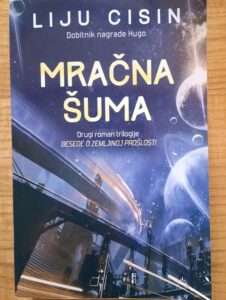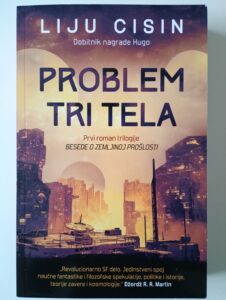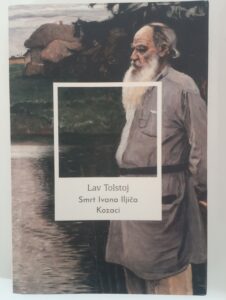Curtain: Poirot’s Last Case (1975)

…………………………………………………
Curtain: Poirot’s Last Case Book Review
Curtain: Poirot’s Last Case is a 1975 crime novel by Agatha Christie. It’s the last book starring the iconic detective Hercule Poirot and one of his best stories.
………………………………………………….
“He notices a good deal.
Those quiet people often do“
…………………………………………………..
…………………………………………………..
A wheelchair-bound Poirot returns to Styles, the venue of his first investigation, where he knows another murder is going to take place. It is up to Poirot and Hastings to stop the murderer. Apparently, this novel was written decades before it was eventually published, sometime during WWII. And it shows as it has the strength and conviction of Christie’s early works. Her choice to write this novel so early and shelve it for decades until its publication was a brilliant one and it led to an almost perfect final book to close the Poirot series before the author’s death.
What a beautiful way to end Poirot’s story! I cannot imagine a more perfect conclusion to the life and work of this beloved detective. At first, how he ended was shocking. But the eventual twist revealed that he had much more leverage than it initially seemed and it gave the character so much agency and dignity. Christie handled his demise brilliantly. The twists and turns toward the end were not only fascinating, but they made perfect sense within the context of the story and were highly sophisticated.
The novel being narrated by Captain Hastings was another ingenious choice. It gave the book a fresh new angle and it really worked. Yes, Poirot made fun of Hastings way too often during the duration of the novel, but most of the times their bickering was very amusing and endearing. The book focused on their friendship to such an extent that it led to a very moving conclusion for both characters. The two men are so different, thus their dynamic was very amusing.
…………………………………………………..
…………………………………………………..
I also really appreciated the murderer being so incredibly intelligent and calculated. The twist revealed that this villain is among the smartest and most interesting of the entire series. How Shakespeare and other famous works of literature factored into the story thematically was quite interesting. I also loved the references to Poirot’s previous adventures. The novel threatened to become too referential at times, but at least those references were a lot of fun.
If there is one thing that really bothered me in this book, it has to be the characterization of the supporting players, which is frustratingly quite thin. It was crucial to put so much focus on Poirot and Hastings as this was their last novel after all, but this decision negatively impacted other characters, who all ended up being lackluster. Hastings’ daughter Judith was given a somewhat okay arc, but others not so much. Norton, Carrington and Curtiss fared best, but even they needed more development.
Curtain is about aging, friendship and the passage of time, but as is the case with most Christie novels, this book is so short that it ended up feeling a bit rushed and underdeveloped in themes, characters and ideas. But that quick pace and strong structure led to the book being a riveting read throughout. The humorous tone mixed with the more melancholic one deftly. Christie writes dialogue exceptionally well and that is the case here too as the conversations range from funny to bittersweet to even inspiring. The villain and his crimes needed more focus, but still the author choosing to put most of her efforts on the main characters and their friendship was a sound one.
…………………………………………………..
…………………………………………………..










